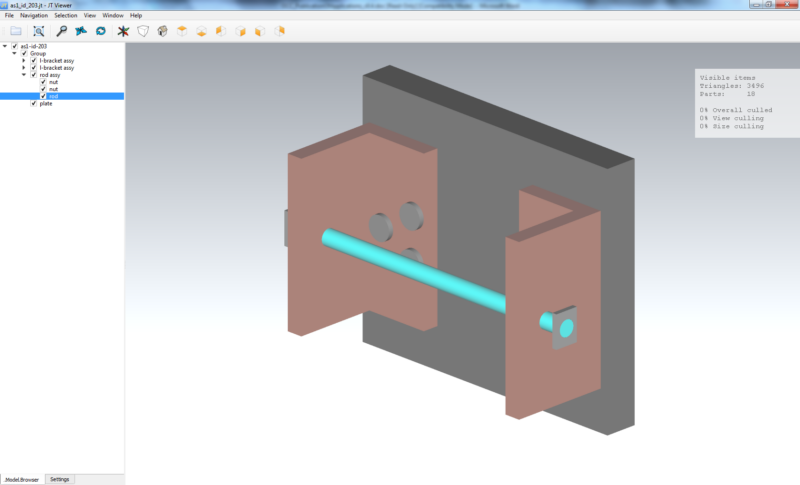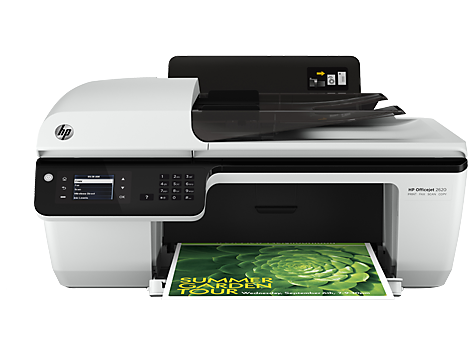Opencascade Download Ubuntu For Mac
Ubuntu 10.04 FreeCAD 0.13 rev 5058 OpenCASCADE 6.5.2 I have a problem with FreeCAD which I am told OpenCASCADE will fix. (If OpenCASCADE takes care of the problem, why isn't it part of the FreeCAD package?
How can OpenCASCADE take care of the problem if it isn't already part of FreeCAD?) So far I have downloaded and opened ver 6.5.2, but have no idea where to put it. I have found help which tells me to./configure for several programs, none of which I've heard of before, and some of which I don't have but can't find in Synaptic to install. It seems like some of these program names actually have new names which would be obvious to anyone familiar with them. Of course I'm not familiar with them so I'm having problems.
Sun web proxy server download for mac. Jump to Ubuntu website to download your favorite Ubuntu desktop OS. Since you are using a Macbook Air, I suggest you to download the 64 Bit version of whichever version you want. Since you are using a Macbook Air, I suggest you to download the 64 Bit version of whichever version you want. Replace the “Ubuntu Desktop” text with “Mac” on the panel To do the above, enter the following command via terminal. For a non-English version of Ubuntu, replace the /en/ with your locale. How to write a USB stick with macOS. Ubuntu 10.04 FreeCAD 0.13 rev 5058 OpenCASCADE 6.5.2. I have a problem with FreeCAD which I am told OpenCASCADE will fix. (If OpenCASCADE takes care of the problem, why isn't it part of the FreeCAD package?
There's also the problem of where these packages are 'installed'. They typically have portions installed in three to six directories, so which one do you pick? Are there any complete descriptions of how to install OpenCASCADE for FreeCAD in Ubuntu? • or to reply. Here is the procedure which finally worked for me in Ubuntu (12.04); First, get yourself the build tools from Ubuntu! Specifically, the following should get everything you need: $ sudo apt-get libtool autoconf automake gfortran (gfortran is GNU FORTRAN).

If you got any of those tools from their home web sites, get rid of them before installing the Ubuntu versions, or much confusion may result! (The beauty of a distro is that they take care of making sure that this automake works with this autoconf works with.) Now your procedure should look like $ tar xf foo-x.y.z.tar.gz $ cd foo-x.y.z $./build_configure $./configure $ make $ sudo checkinstall make install During the MAKE function on the last line, you will probably be told the value you've entered can't be accepted. This is a version number.
Enter any number from 0-9, you'll get a chance to change it later. You will eventually be shown a list of table entries that include things like the program name and the version number. Follow the directions to use the correct values. If you don't know what any of the entries are, leave them alone.
Ubuntu
My build didn't successfully do the the INSTALL command on the last line. No matter, I installed it using the Gdebi Installer.
'gdebi' is available in Ubuntu through Synaptic Package manager, or through a terminal using, 'sudo apt-get install gdebi'. This would a good place to check with Synaptic Package Manager to see if your build got into the system successfully.
 Make sure your printer has a driver available: For a complete list of HP printers with drivers available through Apple Software Update, go to Printer and scanner software available for download for Mac OS X Snow Leopard v10.6.8 (in English).
Make sure your printer has a driver available: For a complete list of HP printers with drivers available through Apple Software Update, go to Printer and scanner software available for download for Mac OS X Snow Leopard v10.6.8 (in English).
While you're in Synaptic, you might as well also delete any old versions of Open Cascade you can find so the programs that use it won't get messed up. Having done that, I'd re-install the new version to be sure everything which needs to be there is. What's happening here is that the build_config script is preparing the kit to the point where you could roll it back up into a new tar ball for distribution, with directions to the user to do the./configure && make && make install with the kit.
The whole autoconf/automake facility makes it possible to provide packages that will (ultimately) build and compile on systems as diverse as Windows, Linux and other Unix variants, and some proprietary operating systems. • or to reply. I assume that since what I'm doing works on Ubuntu 12.04, it should also work on 12.10. Please remember that I'm no guru.